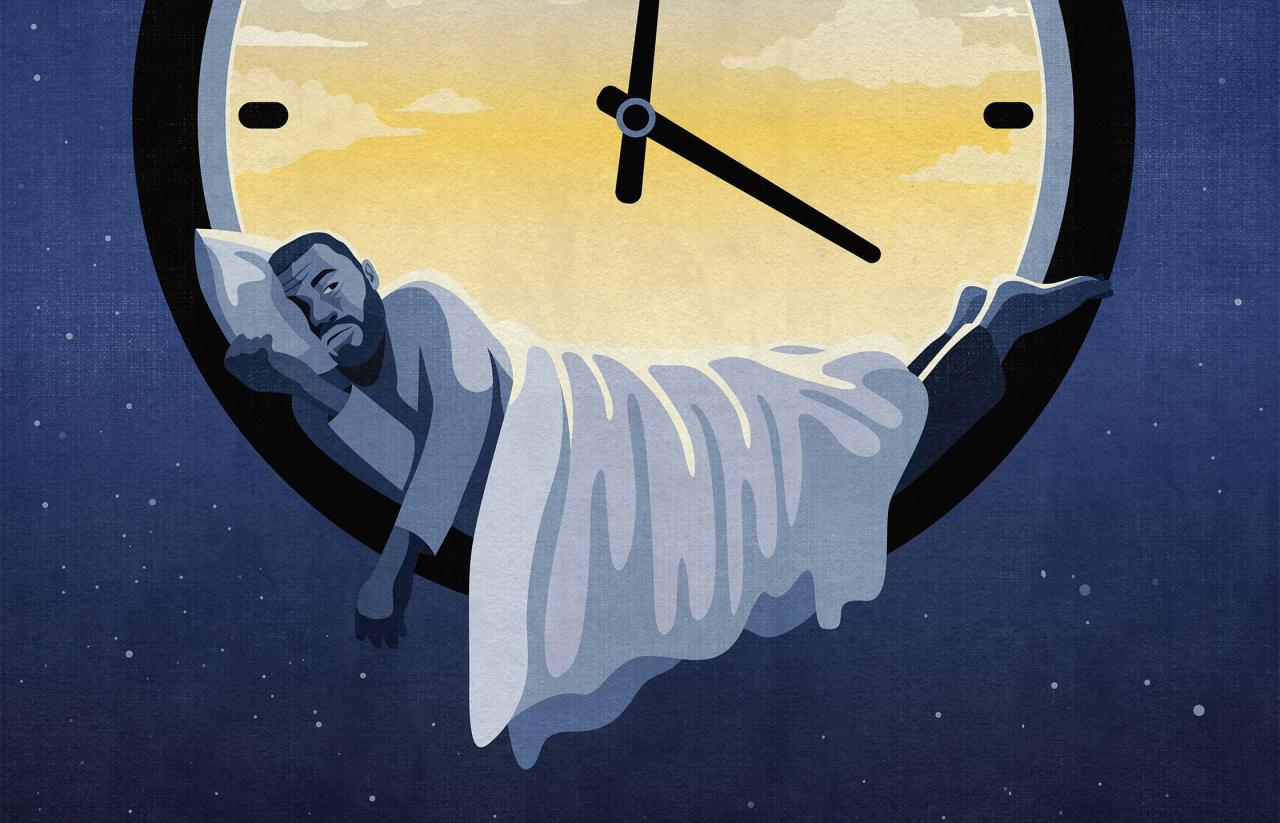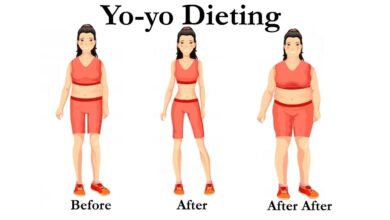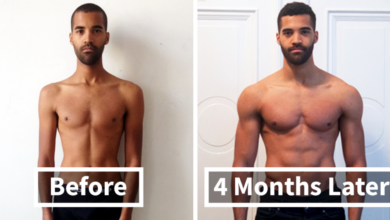
Your Bodys Rhythms: How Circadian Clocks Impact Weight Loss
Your body has multiple circadian rhythms which impacts weight loss, and understanding these internal clocks is key to unlocking a healthier, more balanced you. Think beyond the simple 24-hour sleep-wake cycle – your body is a symphony of rhythms, each influencing everything from hormone production to how your cells use energy.
These rhythms are intricately linked to your metabolism, and when they’re out of sync, it can lead to weight gain, fatigue, and even chronic diseases.
Imagine a perfectly orchestrated dance, with each movement timed precisely. That’s what a healthy circadian rhythm looks like. But what happens when the music changes, or the dancers get lost? That’s when we see the negative effects of disrupted rhythms, including weight gain and metabolic imbalances.
This article delves into the fascinating world of circadian rhythms, exploring how they impact your weight and what you can do to align them for optimal health and weight management.
Individual Differences in Circadian Rhythms: Your Body Has Multiple Circadian Rhythms Which Impacts Weight Loss

While our bodies are programmed with a natural 24-hour cycle, the specific timing of this cycle can vary significantly from person to person. This variation is influenced by a combination of factors, including genetics, age, and lifestyle choices. Understanding these individual differences is crucial for optimizing weight management strategies.
Factors Influencing Circadian Rhythm Variations
These variations can impact how our bodies respond to food, exercise, and sleep, leading to differences in appetite, metabolism, and energy expenditure.
- Age:As we age, our circadian rhythms tend to become less consistent, with a gradual shift towards earlier bedtimes and wake-up times. This can lead to changes in appetite and metabolism, making it more challenging to maintain a healthy weight.
- Genetics:Individual genetic variations play a role in determining the specific timing of our circadian rhythms. Some people are naturally predisposed to being “morning larks” with earlier sleep-wake cycles, while others are “night owls” with later cycles.
- Lifestyle:Our daily routines, including sleep patterns, meal times, and exposure to light, can significantly influence our circadian rhythms. Irregular sleep schedules, late-night eating, and exposure to artificial light at night can disrupt the natural cycle and impact weight management.
Implications for Weight Management
Understanding the impact of these variations on weight management is essential for creating personalized strategies.
- Timing of Meals:Research suggests that aligning meal times with our natural circadian rhythms can improve metabolic efficiency and support weight loss. For example, individuals with earlier circadian rhythms may benefit from eating earlier in the day, while those with later rhythms may find it helpful to eat later.
- Exercise Timing:The timing of exercise can also influence its impact on weight management. Exercise performed during the body’s natural “fat-burning” window, which typically occurs in the morning for most individuals, may be more effective for weight loss.
- Sleep Quality:Adequate sleep is crucial for regulating hormones that control appetite and metabolism. Consistent sleep schedules and a healthy sleep environment can improve weight management by promoting hormonal balance and reducing cravings.
Personalized Approaches to Weight Management, Your body has multiple circadian rhythms which impacts weight loss
Tailoring weight management strategies to individual circadian rhythms can significantly improve outcomes.
- Chronotype Assessment:Identifying an individual’s chronotype, or natural sleep-wake preference, can help determine the optimal timing for meals, exercise, and sleep. This can be done through questionnaires or sleep-tracking devices.
- Light Exposure:Maximizing exposure to natural light during the day and minimizing exposure to artificial light at night can help synchronize the circadian rhythm and promote healthy sleep patterns.
- Meal Timing Experiments:Experimenting with different meal times can help individuals identify the optimal schedule for their body. This may involve adjusting the timing of breakfast, lunch, and dinner to align with their natural circadian rhythms.
Conclusive Thoughts

Living in harmony with your body’s natural rhythms is a powerful tool for weight loss. By understanding how your circadian clock influences your metabolism, you can make conscious choices to support your body’s natural processes. This means prioritizing sleep, eating at consistent times, and creating a lifestyle that aligns with your internal rhythms.
Remember, weight loss is not just about calories in and calories out; it’s about tuning into your body’s internal symphony and creating a lifestyle that supports its natural rhythm.
Did you know that your body has multiple circadian rhythms that influence everything from your sleep patterns to your metabolism? This means that the timing of your meals can significantly impact your weight loss journey. So, how do you stay on track during the cold winter months when comfort food calls?
Try incorporating some delicious and nutritious soups into your diet. Check out this fantastic list of 9 hearty winter soups under 360 calories that will keep you warm and satisfied without derailing your weight loss goals. Remember, fueling your body with the right foods at the right times can make a big difference in your overall health and wellness.
Did you know your body has multiple circadian rhythms that impact everything from sleep to digestion, even your weight loss journey? It’s fascinating how our internal clocks influence so much, and it’s why finding a healthy work-life balance is so important.
If you’re working from home, check out these 10 ways to stay sane when working from home to help you maintain a healthy rhythm and support your weight loss goals. It’s all about finding that sweet spot between productivity and self-care, so your body can function at its best!
Did you know your body has multiple circadian rhythms that impact weight loss? It’s true! These internal clocks regulate everything from your metabolism to your hunger hormones. Sometimes, even with the best meal prep, we hit a plateau.
That’s why I found 6 proven ways to get out of a meal prep plateau so helpful! It’s all about tweaking your routine to work with your body’s natural rhythms for better results.






